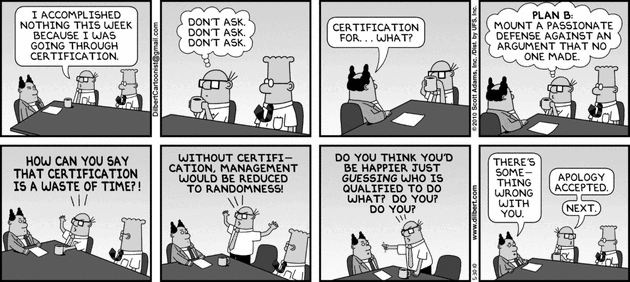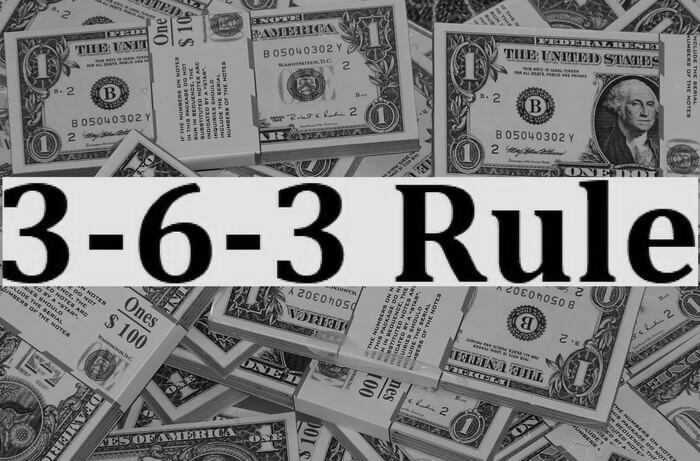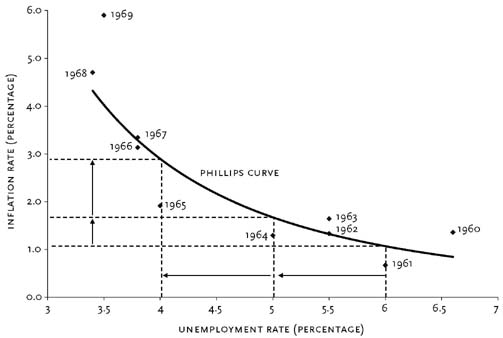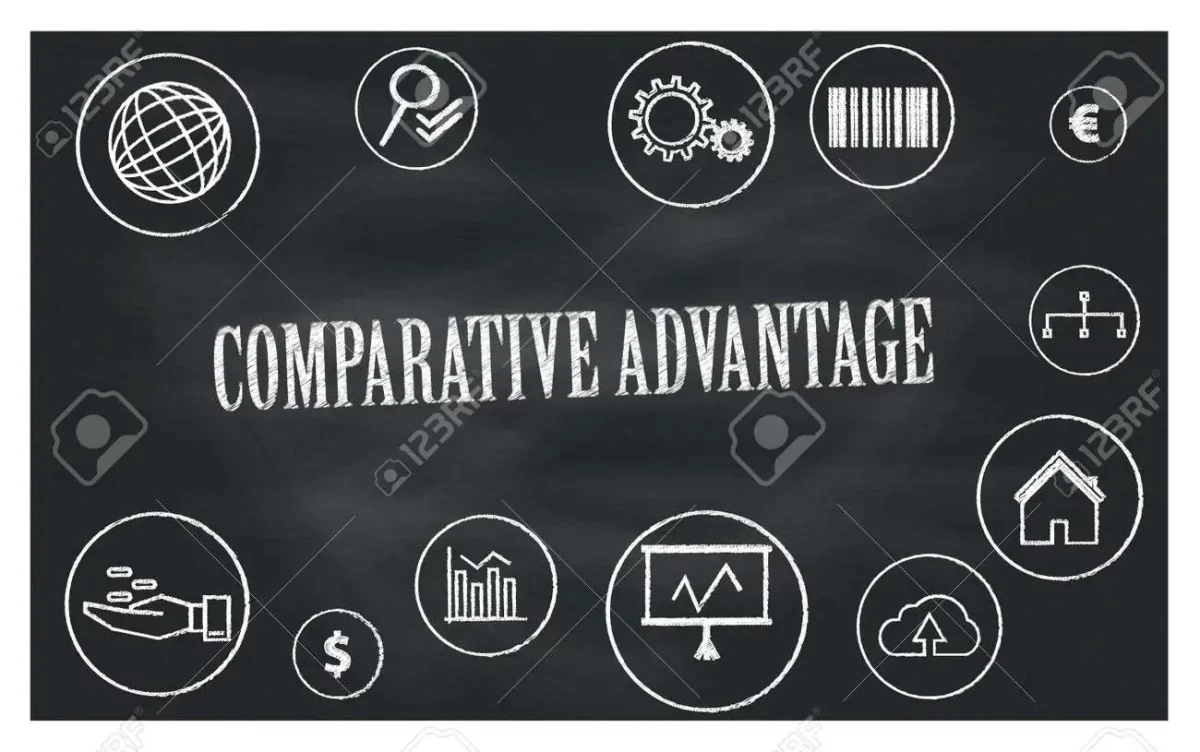Introduction In the realm of decision-making, the Two Front War mental model serves as a valuable tool for understanding the challenges of simultaneous conflicts or opposing priorities. Derived from military strategy, this concept refers to the notion of fighting battles on multiple fronts concurrently. However, its relevance extends beyond the battlefield, permeating various aspects of […]




